
German Ambassador, ICCI President agree to act as bridge between German investors, Pakistani enterprises
ISLAMABAD, JAN 14 /DNA/ – The Ambassador of the Federal Republic of Germany to Pakistan, H.E. Ina…
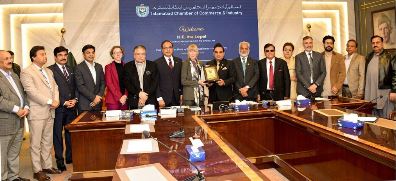

German Ambassador, ICCI President agree to act as bridge between German investors, Pakistani enterprises
ISLAMABAD, JAN 14 /DNA/ – The Ambassador of the Federal Republic of Germany to Pakistan, H.E. Ina…

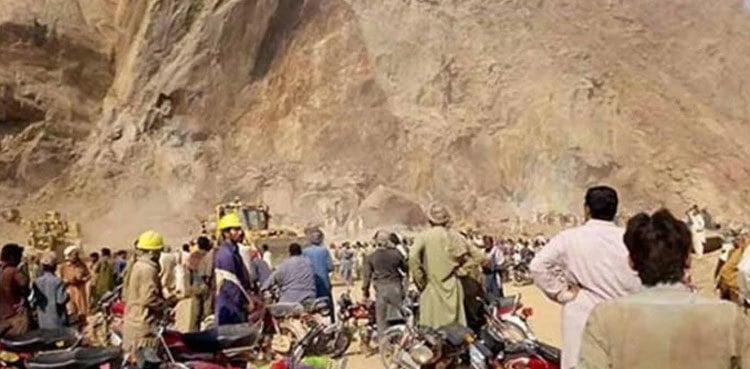
KOHAT: The rescuers retrieved eight dead bodies from debris after a landsliding incident in Qamar village in tehsil Gambat of Kohat.
Rescue officials said that all eight persons dead bodies have been retrieved from the boulders.
It was earlier…
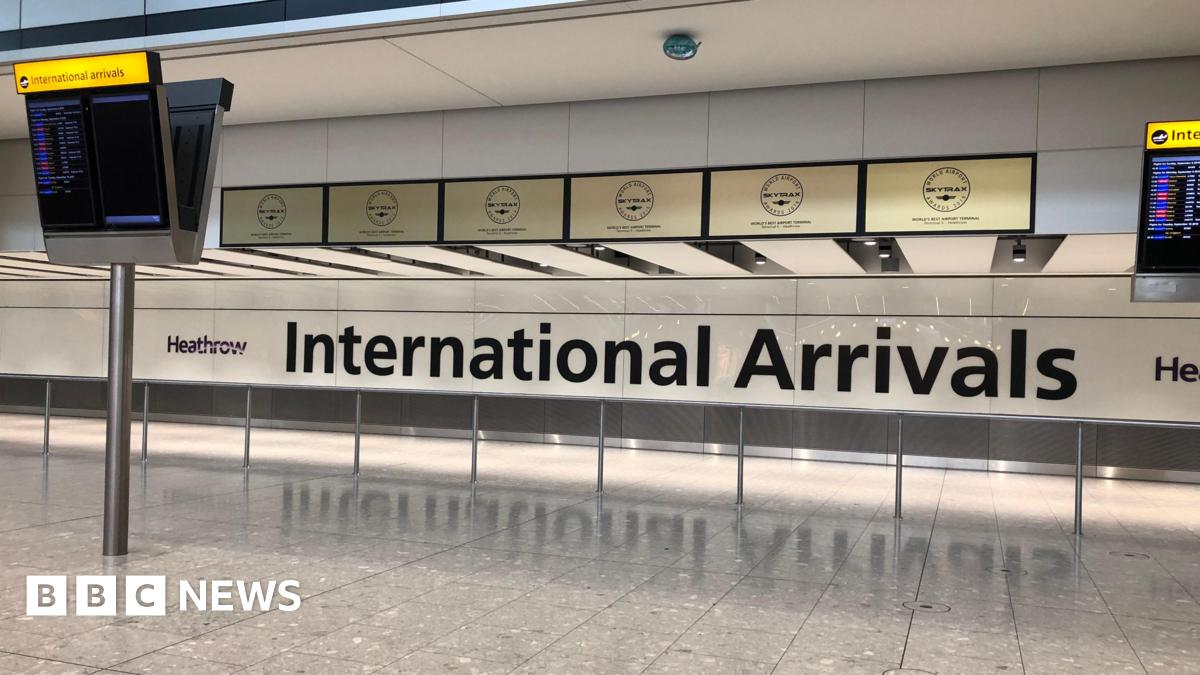
“The murder of Atiq Rehman in 2007 had a significant impact on communities in Milton Keynes at the time, so I understand that news of this arrest and a defendant appearing in court could be difficult for some,” said Ch Supt Emma Baillie, policing…
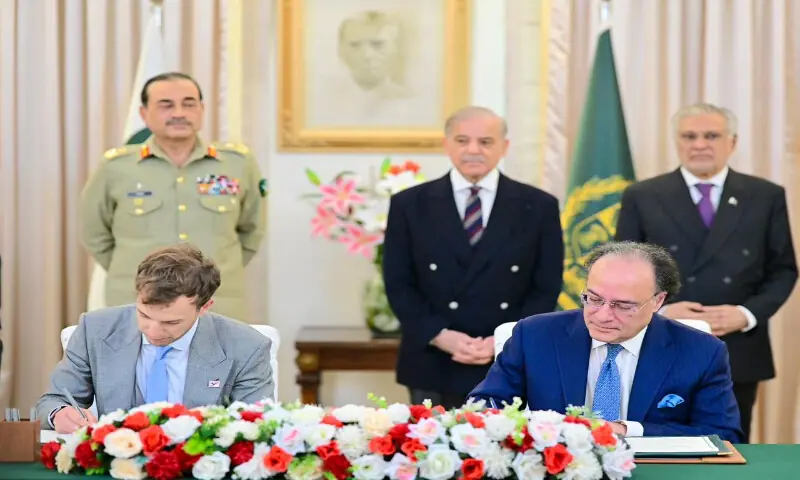
Pakistan said on Wednesday it had signed an agreement with a firm connected to World Liberty Financial, the main crypto business of US President Donald Trump’s family, to explore using World Liberty’s stablecoin for cross-border payments.
The…

When I first tightened the straps of my backpack more than a decade ago, it felt like stepping into uncharted territory. As a mixed-race woman travelling solo, representation felt thin on the ground when I scrolled through…
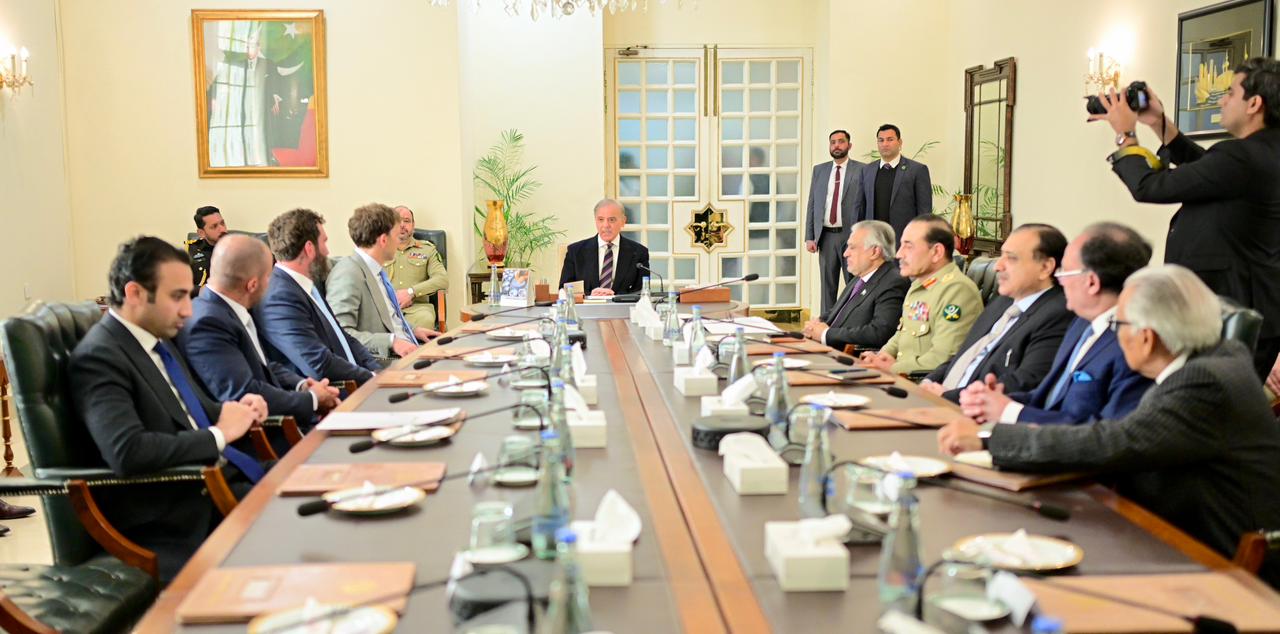
– Advertisement –
– Advertisement –
– Advertisement –
ISLAMABAD, Jan 14 (APP): Prime Minister Muhammad Shehbaz Sharif, Wednesday, said that the rapidly growing pace of digital payments and financial innovation were essential parts of…
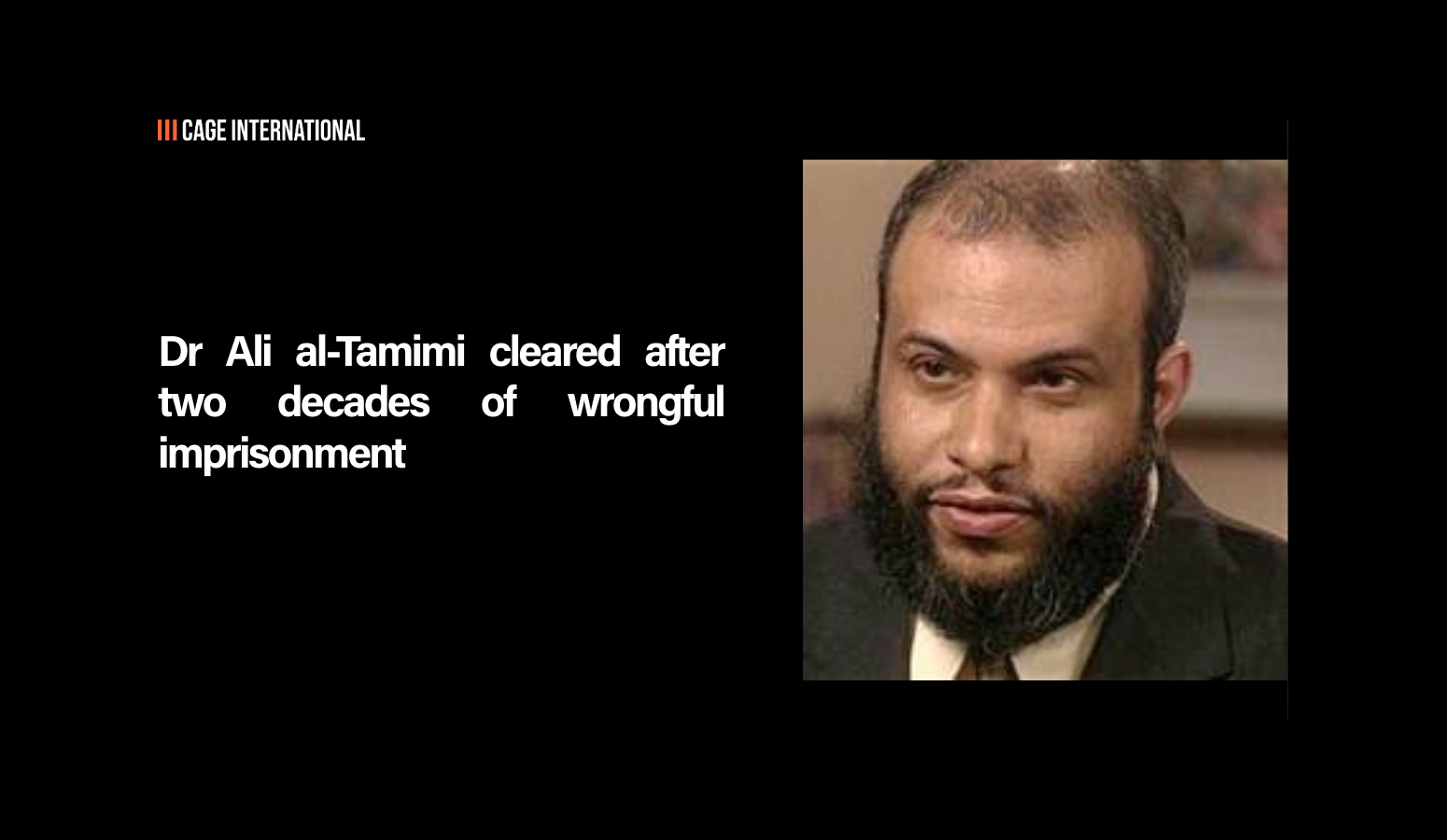
Washington DC – After 15 years of imprisonment and five years of house arrest, a US appellate court has finally overturned the conviction of Islamic scholar and cancer researcher, Dr Ali al-Tamimi.
For two decades, al-Tamimi was wrongfully…
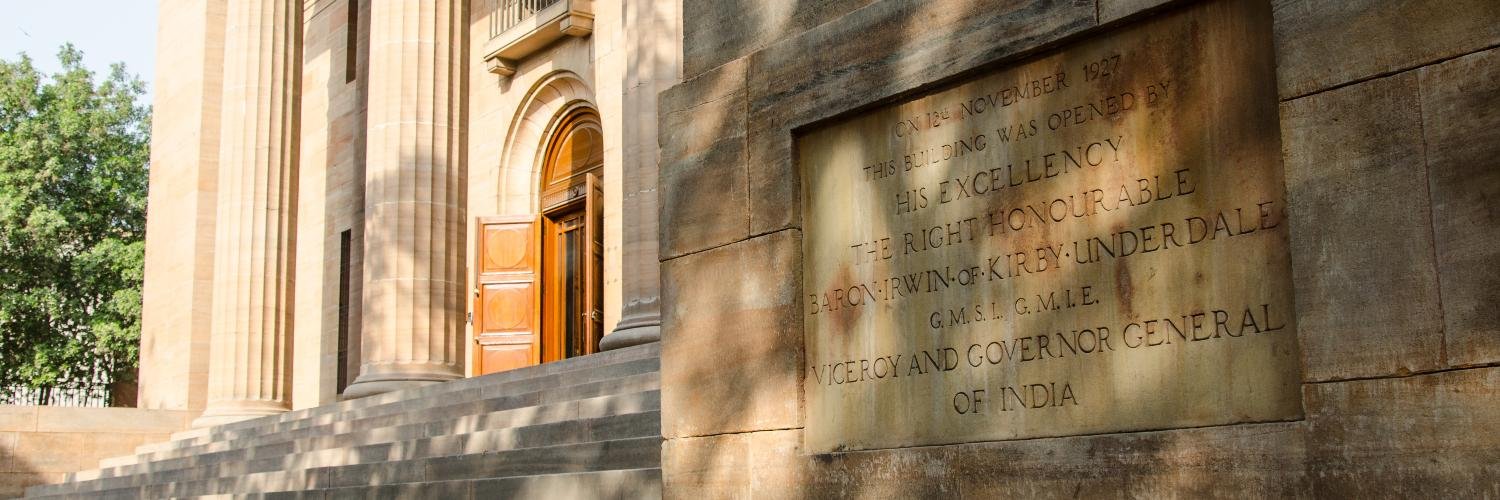
Web Desk
KARACHI: Pakistan will need a staggering US$565.7 billion in investment to achieve its Nationally Determined Contributions (NDC) 3.0…